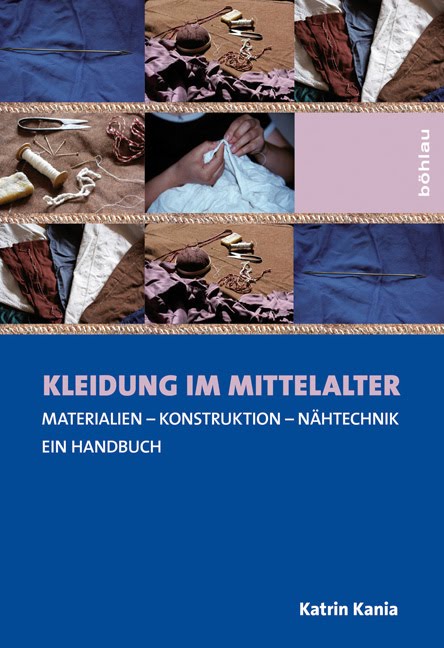As my last post probably showed you, I am one of the folks who consider gender issues and think about gender.
If you are getting involved into textile stuff, it's probably unavoidable. There's so much gender preconception still attached to handling fibre, cloth, and textile tools that most of those who do it are... female. And that stretches out into modern jobs regarding textile, both new and old. Most textile conservators? Women. Most ancient textile researchers? Women. Most modern textile crafters? Women.
We still live in a gender-biased world. I am one of the lucky ones who had a course of study where women were neither the majority nor the minority. Even better, on the digs where I were, it was accepted that while the women on the dig might not fill the wheelbarrow completely full, they and their work was just as good and just the same as the menfolk's. You just walk a few more times with the wheelbarrow, and that's it. (And a lot of the menfolk did not want their wheelbarrow filled to the brim. Those things are really hard to push when you fill them up as much as can be!)
I have, however, had my fair share of gender-bias in other circumstances. In bicycle stores, for instance, when the guy doubted what I was saying, or did not want to listen. When selling my old car. The usual, you know?
Now, gender differences are there, and I am not going to deny that. However, they are more fluid than often assumed, and they can change with our culture. (Here's a recent article about that.) The little differences between people - whether they come from their DNA, their upbringing, their culture, personal preferences, talents, or gender - make life the colourful and interesting thing it is. However, when one of those things means that your work will be neglected or belittled, it quickly becomes bad. When it means that you are having it that little bit harder in your life because of something you had no influence over, that is bad. When it means that it may not even be possible to change something by complaining about something bad that happened to you, that is really bad.
And sometimes, sexism hides. Benevolent sexism is what this article calls it - I'd have called it a backhanded compliment, but the effect is the same: It makes you feel good while secretly lowering your self-esteem. Bad. Really bad.
So... I guess if I had a wish in regard to that topic, I'd wish for this: Next time, if you are taken back about the gender, race, ethnicity or whatnot of someone because you did not expect that - don't blurt it out. Think about it. About your preconceptions, your expectations. And then say something that is a real compliment, not a backhanded one. Because it helps nobody to dampen someone's potential by an -ism, any -ism.
Thanks.
Wednesday 2 October 2013
Gender issues. Or just... issues.
Posted by
a stitch in time
at
09:51

 Labels:
and now for something completely different,
things going on in the world
Labels:
and now for something completely different,
things going on in the world
Subscribe to:
Post Comments (Atom)





1 comment:
I got the feeling that ancient textile research only took off once women started being involved. There may be a good reason for this: in her book about Tutankhamen's clothing Gillian Vogelsang-Eastwood mentions a number of embroidery stitches used on these textiles, and this made me wonder how many men were/are familiar with this craft at all. Even quite recently, girls did needlework at school and boys did woodwork. So even though Howard Carter realized the importance of the Tutankhamen tomb textiles, he probably lacked the background knowledge to examine and interpret them.
Post a Comment